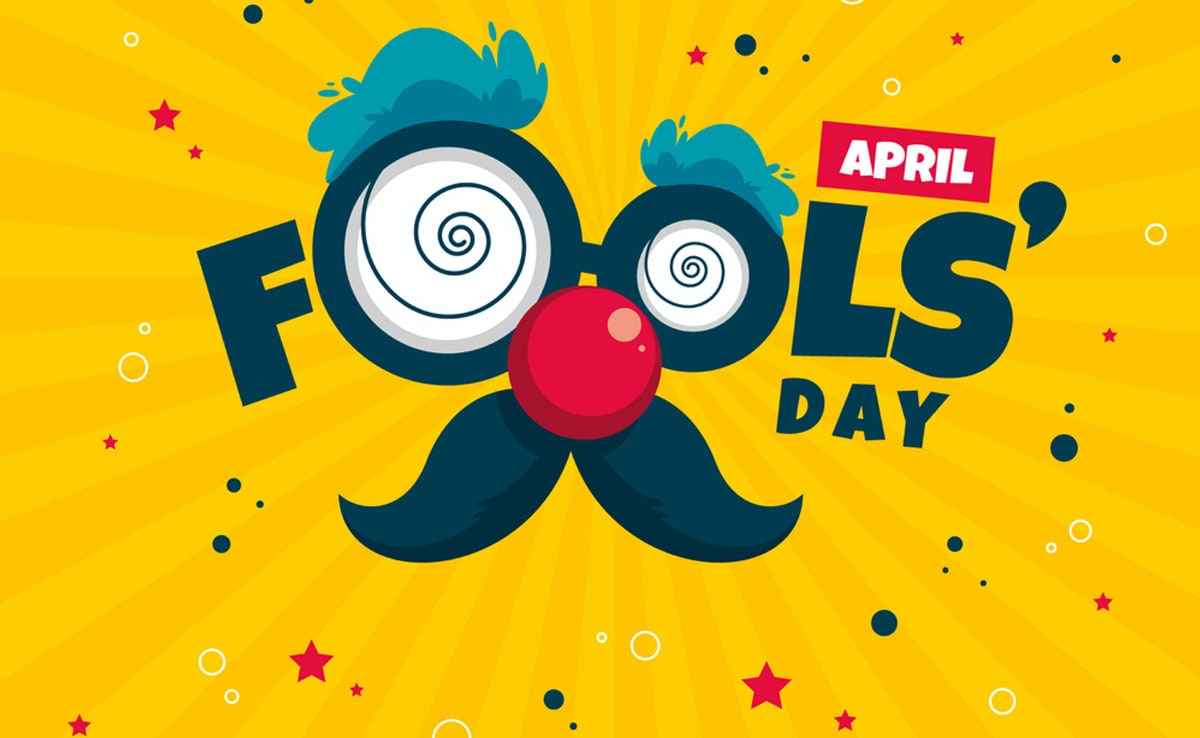The Bizarre History of April Fools’ Day
April Fools’ Day, celebrated on the first of April each year, is a day dedicated to playing pranks and tricks on others. While the origins of this peculiar holiday are shrouded in mystery, it has become a global tradition with a rich history full of bizarre and amusing anecdotes. Here, we delve into the history of April Fools’ Day and explore some of its most bizarre aspects.
Ancient Roots
The exact origins of April Fools’ Day are unclear, but some historians trace its roots back to ancient Rome. The Roman festival of “Hilaria,” celebrated at the end of March, involved masquerades and general merrymaking. It is believed that April Fools’ Day may have evolved from this ancient festival.
Changing Dates
In medieval Europe, the celebration of New Year’s Day varied widely. Some cultures celebrated New Year’s Day on March 25, which marked the Feast of the Annunciation, while others celebrated it on January 1. Those who continued to celebrate New Year’s Day on March 25 were often mocked and played pranks on, leading to the tradition of April Fools’ Day.
The French Connection
One popular theory links April Fools’ Day to 16th-century France. In 1582, France switched from the Julian calendar to the Gregorian calendar, as mandated by the Council of Trent. This change moved the start of the new year from the end of March to January 1. However, communication was slow in those days, and some people continued to celebrate the new year on April 1. These people became the targets of pranks and jokes, earning them the nickname “April fools.”
The Great London Smog of 1957
One of the most bizarre April Fools’ Day pranks in history took place in London in 1957. The BBC aired a segment on “Panorama,” a popular current affairs program, showing Swiss farmers picking freshly grown spaghetti from trees. The segment was so convincing that many viewers called the BBC asking how they could grow their own spaghetti trees.
The Taco Liberty Bell
In 1996, Taco Bell announced in a full-page newspaper ad that it had purchased the Liberty Bell and renamed it the “Taco Liberty Bell.” The announcement caused a stir, with many people believing it to be true. Taco Bell later revealed that it was an April Fools’ Day prank.
The Future of April Fools’ Day
As technology advances, so do the pranks played on April Fools’ Day. In the digital age, companies and individuals alike use social media and the internet to create elaborate hoaxes and practical jokes. However, the spirit of fun and lightheartedness that defines April Fools’ Day remains the same, reminding us to not take ourselves too seriously and to embrace the joy of laughter.
In conclusion, April Fools’ Day is a celebration of silliness and playfulness that has endured for centuries. Whether you’re the prankster or the pranked, April Fools’ Day is a time to let loose and enjoy a good laugh with friends and family.
